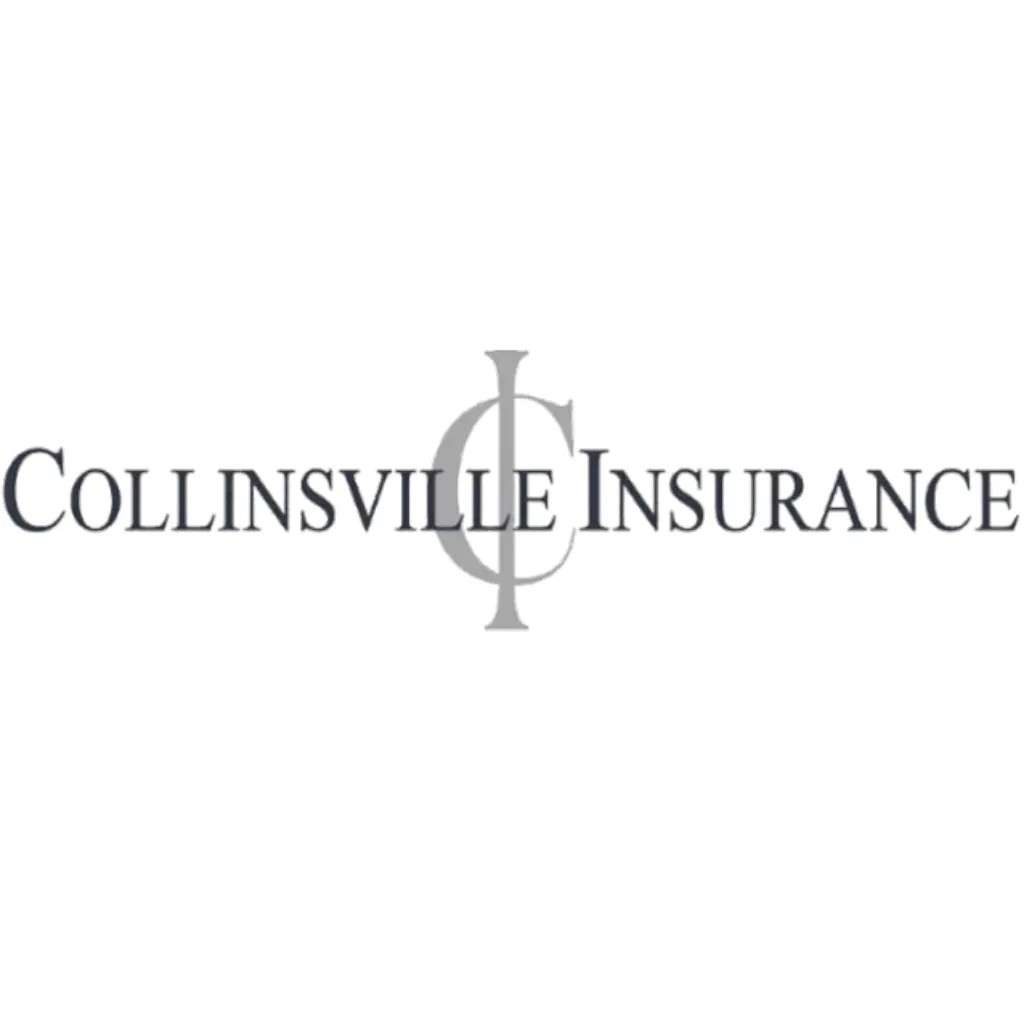Insurance Blog
Ideas, Tips, and Simple Ways to Make Understanding Insurance Even Easier.


Everything You Need to Know About Business Vehicle Insurance
Everything You Need to Know About Business Vehicle Insurance
Running a business often involves transportation—whether it’s delivering goods, meeting clients, or transporting employees. If your business relies on vehicles, it’s crucial to have the right insurance coverage to protect your assets, employees, and operations. Here's an in-depth guide to business vehicle insurance to help you understand what it covers, why you need it, and how to choose the right policy.
What Is Business Vehicle Insurance?
Business vehicle insurance, also known as commercial auto insurance, provides coverage for vehicles used for business purposes. Unlike personal auto insurance, business vehicle insurance is designed to address the unique risks associated with commercial activities. It offers protection against liability, property damage, and medical expenses resulting from accidents involving business vehicles.
Who Needs Business Vehicle Insurance?
Any business that uses vehicles as part of its operations should consider business vehicle insurance. This includes:
Delivery Services: Companies that use vans or trucks for transporting goods.
Rideshare and Taxi Services: Businesses that provide transportation for passengers.
Contractors and Tradespeople: Professionals who use trucks or vans to carry tools and equipment.
Sales Teams: Employees who use company-owned cars for client meetings and travel.
Fleet Operators: Businesses managing multiple vehicles for logistics and transportation.
Even if employees use their personal vehicles for work, you may need additional coverage, known as non-owned or hired auto insurance.
CALL Collinsville Insurance 860-288-8822 for more information and options for your business.
Key Coverage Options
Business vehicle insurance policies can be tailored to fit your needs. Here are the main types of coverage:
Liability Coverage: Protects against legal and medical expenses if you or your employees are at fault in an accident.
Bodily Injury Liability: Covers injuries to other parties.
Property Damage Liability: Covers damages to other vehicles or property.
Collision Coverage: Pays for repairs to your business vehicle after an accident, regardless of fault.
Comprehensive Coverage: Covers non-collision-related damages, such as theft, vandalism, or natural disasters.
Medical Payments (MedPay) or Personal Injury Protection (PIP): Covers medical expenses for you and your passengers after an accident.
Uninsured/Underinsured Motorist Coverage: Protects you if the at-fault party has insufficient or no insurance.
Hired and Non-Owned Auto Insurance: Covers vehicles that your business rents or vehicles owned by employees but used for business purposes.
Roadside Assistance: Provides towing, fuel delivery, and other emergency services.
Cargo Coverage: Protects goods or equipment transported in your vehicles.
Why Is Business Vehicle Insurance Important?
Legal Compliance: Many states require businesses to carry minimum liability coverage for vehicles used in operations.
Financial Protection: Accidents can result in significant repair, medical, and legal expenses.
Employee Safety: Ensures that your employees are protected if they’re injured while driving a company vehicle.
Customer Trust: Demonstrates professionalism and responsibility to clients.
Asset Protection: Protects your business vehicles, which are often critical to your operations.
How to Choose the Right Policy
Assess Your Needs: Identify how many vehicles your business uses, their purpose, and who will be driving them.
Understand Risks: Consider the type of cargo, driving frequency, and distances covered.
Compare Providers: Shop around for policies that offer the coverage you need at a competitive price.
Check for Discounts: Many insurers offer discounts for safe driving records, multiple policies, or installing safety devices in vehicles.
Work with an Agent: An experienced insurance agent can help you find a policy tailored to your specific needs.
Common Myths About Business Vehicle Insurance
“My personal auto insurance is enough.” Personal policies typically exclude coverage for business-related activities.
“It’s too expensive.” The cost of not having proper coverage can far exceed the premiums.
“I only need it for company-owned vehicles.” If employees use personal vehicles for work, additional coverage may be required.
Conclusion
Business vehicle insurance is an essential investment for any company that relies on vehicles for its operations. By understanding your risks and choosing the right coverage, you can safeguard your business from financial losses and keep your operations running smoothly.
Need help finding the right business vehicle insurance policy? Contact us at Collinsville Insurance to discuss your needs and get a personalized quote today!

